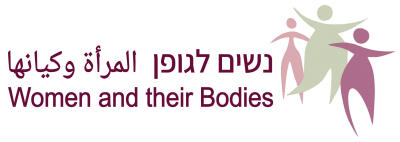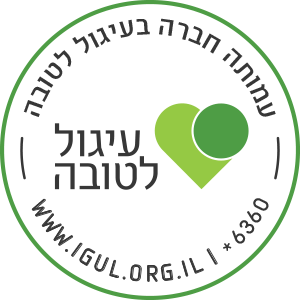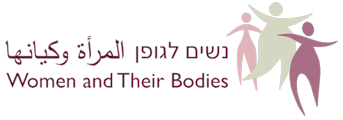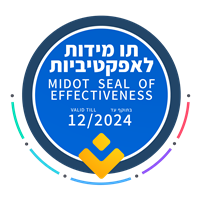Health is a combination of physical, emotional, social and economic aspects, which are derivatives of basic human rights. Israeli society is multi-cultural, including a wide variety of cultural, ethnic and religious groups. Analysing women’s health statistical data in Israel reveals an inequality and a clear link between the woman’s state of health and her economic and social status, uncovering unique health needs. The Israeli-Palestinian conflict is another reason for the increase of inequality, fear, stress and violence.
The chapter points out these issues and other problems which relate to politics and women’s health such as, how technology, bio-technology and genetics evolve and infiltrate women’s bodies without giving them a second thought; what is the link between the Knesset’s short term politics and women’s health today and tomorrow? How is the health package decided? How is the subsidised packet decided? Why isn’t there any subsidy for healthy products – do people who live in poverty have to eat only white bread? What are the long term implications of these decisions? What is the link between education and women’s health? These and other issues are dealt with, not only academically, but also in practical terms of how to organise ourselves towards change, highlighting ideas we have come across, giving advice and opinions and ways to raise money and lobby for change.







